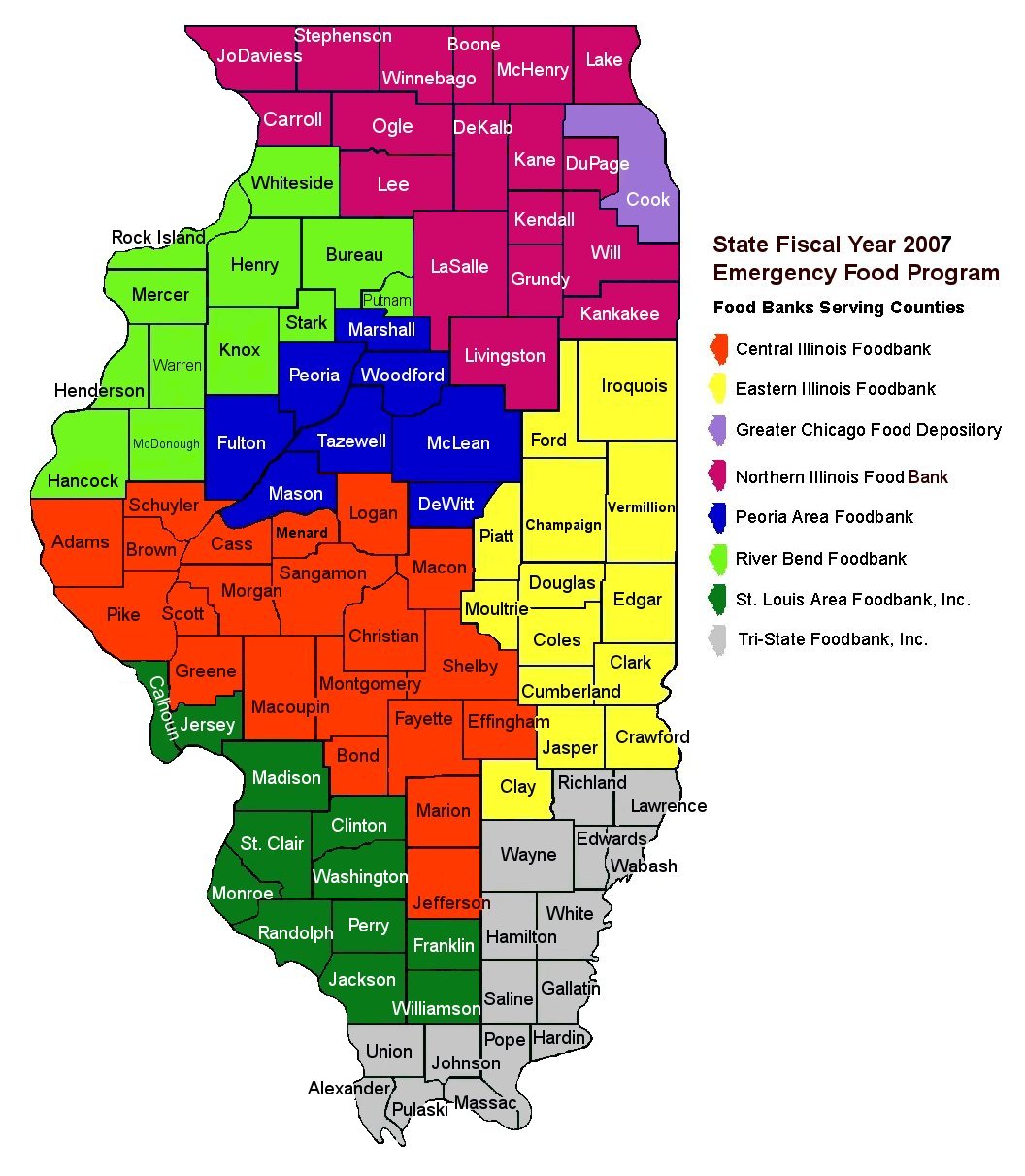
A Food Security Look at Northeast IL
This past week the New York Times featured a story on buying shares of local farms, highlighting Erewon farm and mentioning Angelic Organics right here in Chicagoland (the latter of which is owned by my pal, Farmer John).
To many of us, supporting local farmers is nothing new – we call it CSA’s (community supported agriculture). Here in the midwest, CSA’s are a good and growing business, the story said. It also quoted the price for average farm vegetable shares as between $300 and $900 a season. In my experience, this is a fair estimate. But it’s unfortunate that it’s so damn expensive, and we should talk about what makes it that way. And what the larger social effects are.
Buying CSA shares, in my opinion, should be something we all can afford, right? Shouldn’t the price of locally grown vegetables be cheaper, in most parts of the nation, than those shipped or trucked from afar? Intuition says yes, but practice says no. The fact of the matter is the poor still eat cheap, junky fast food and shop at bodegas without many healthy and environmentally friendly options, while the wealthier among us pat ourselves on the back about eating organic and keeping family farms alive in the US.
The folks talking most about these inequities call this issue food security (the Wikipedia entry really is comprehensive and very straightforward). The Canadians have a pretty good scholarly overview about it here.
A study came out this past week about food security, especially relating to questions of access – right here in Northeastern Illinois. It’s a very comprehensive piece of work, with great maps, and some very nice mix qualitative and quantitative analytical methods. Check it out.
What reports like this tell us, that is really news worthy, is that things like food co-ops, farmer’s markets, and community-supported agriculture should be more actively pursued, but they’re only part of the story. We also need to get people’s transportation to and from supermarkets to improve. And to improve supermarkets’ stocks themselves. And work with under-served communities, in this case especially African-American communities and suburban communities. And to help strengthen food banks and depositories’ quantity and quality of offerings. Plus, people need to develop the basic skills of budgeting for food and meal-planning to add more stability to their families’ nutritional health. These are some big shifts, and with a lot less sex-appeal than talking about buying shares from our local farmers. But they are crucial changes we need to make in order to not just have quality food access be only for the wealthy. These shifts speak to the larger systematic changes we need to do a better job of making food a part of how we think about justice, equity and the environment.

Comments are closed, but trackbacks and pingbacks are open.